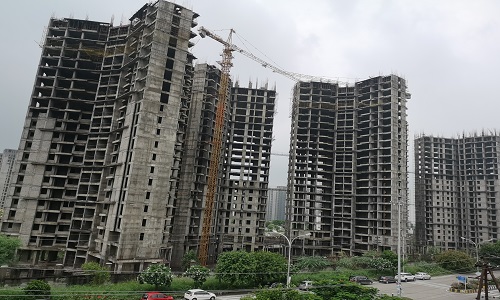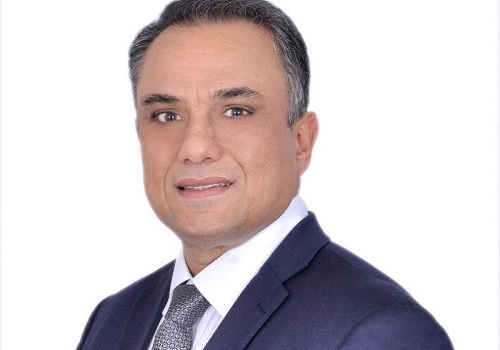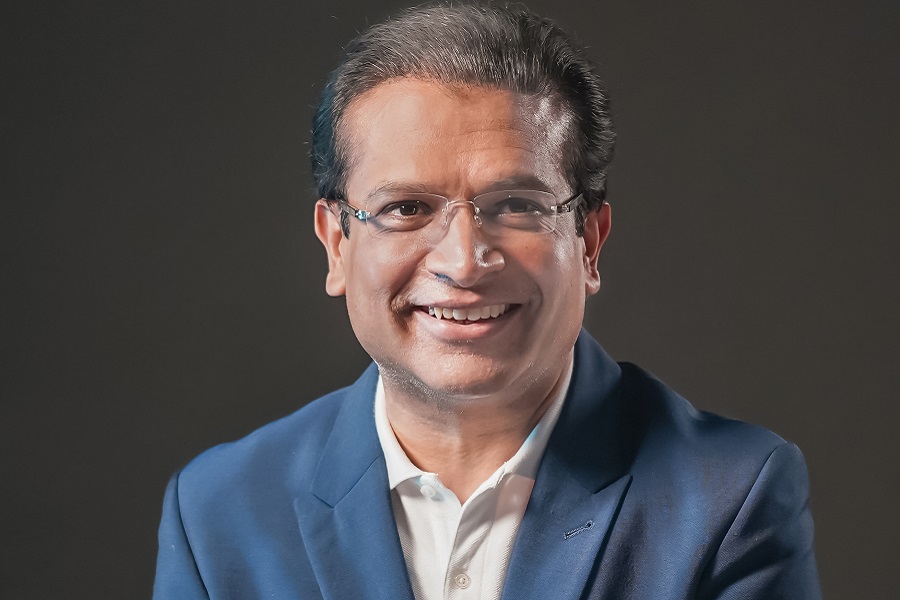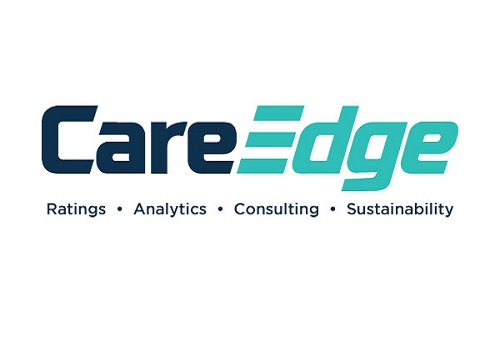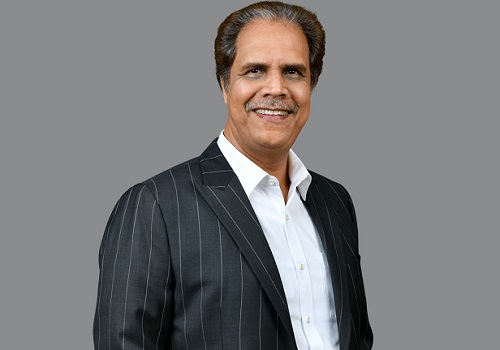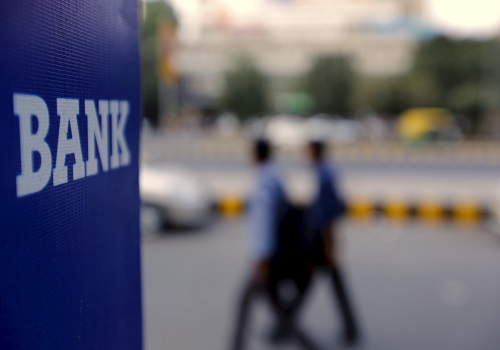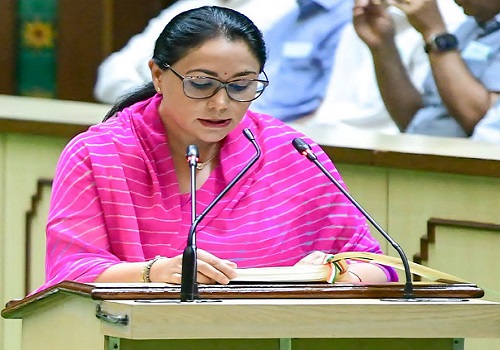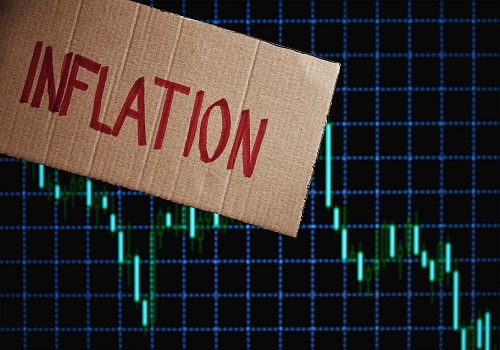India's GDP to expand 7.2% in FY25 despite lower Q1 growth, says cenbank chief
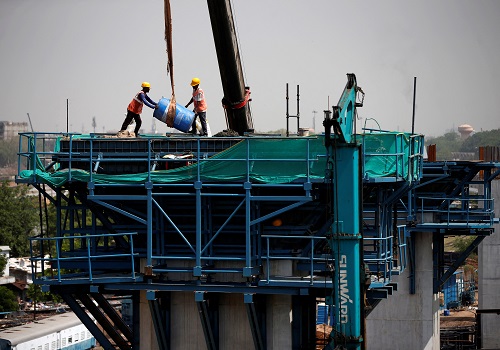
Despite the moderation seen in India's first quarter gross domestic product growth (GDP), the South Asian economy is likely to achieve full year growth of 7.2% as projected, the Reserve Bank of India Governor Shaktikanta Das said on Thursday.
India's economic growth slowed to 6.7% year-on-year in the April-June quarter, below the polled estimate of 6.9% and the RBI's projection of 7.1%, as a decline in government spending during national elections weighed.
"Fundamental growth drivers of the Indian economy are not slowing, they are gaining momentum and this gives us confidence to say that the Indian growth story remains intact," Das said in a speech at the annual FIBAC banking conference.
Das said agriculture should perform better during the rest of the year due to a good monsoon and aid a further pick-up in rural demand, while strong investment activity would also see a further boost from government capex picking up pace.
"It is evident that India is on a sustainable growth path. Consumption and investment demand, the two main drivers of growth, are growing in tandem. Overall, the RBI's projection of GDP growth at 7.2% for 2024-25 does not appear out of place."
Das said currently the balance between inflation and growth is well poised but reiterated the need to maintain price stability to support growth over the medium to longer term.
The pace of disinflation has been frequently interrupted by volatile and elevated food inflation, the chief said.
"It is the headline inflation that matters. It is the headline inflation with food inflation having a weight of 46% that the people understand," Das said.
He, however, added that with the monsoon progressing well there is greater optimism that the food inflation outlook could become more favourable over the course of the year.
"We have to remain watchful of how the forces impacting inflation play out. We must successfully navigate the last mile of disinflation, and preserve the credibility of the flexible inflation targeting framework which is a major structural reform," Das said.

